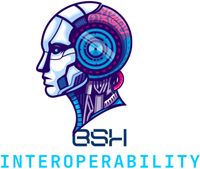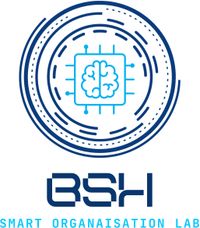In today’s digital world, organizations rely on technological solutions more than ever to remain efficient and competitive. One of the key requirements for modern, smart organizations is interoperability. But what exactly does interoperability mean, and why is it so crucial to an organization’s success?
Interoperability refers to the ability of different systems, platforms, and applications to communicate and work together seamlessly. This includes the exchange of data and the use of functions regardless of the technological differences between the systems involved. For a smart organization, this means that all technologies in use work together harmoniously and that information can flow smoothly between different systems and processes.
The advantages of interoperability include:
- Increased efficiency
- Data consistency and quality
- Flexibility and scalability
- Improved collaboration
- Cost savings
Interoperability is a critical success factor for smart organizations in today’s connected world. It enables an efficient, flexible, and cost-effective IT infrastructure that improves collaboration and ensures data consistency. Despite the challenges associated with its implementation, the benefits far outweigh the difficulties, and organizations that invest in interoperability are better equipped to meet the demands of the digital age and stay competitive.

